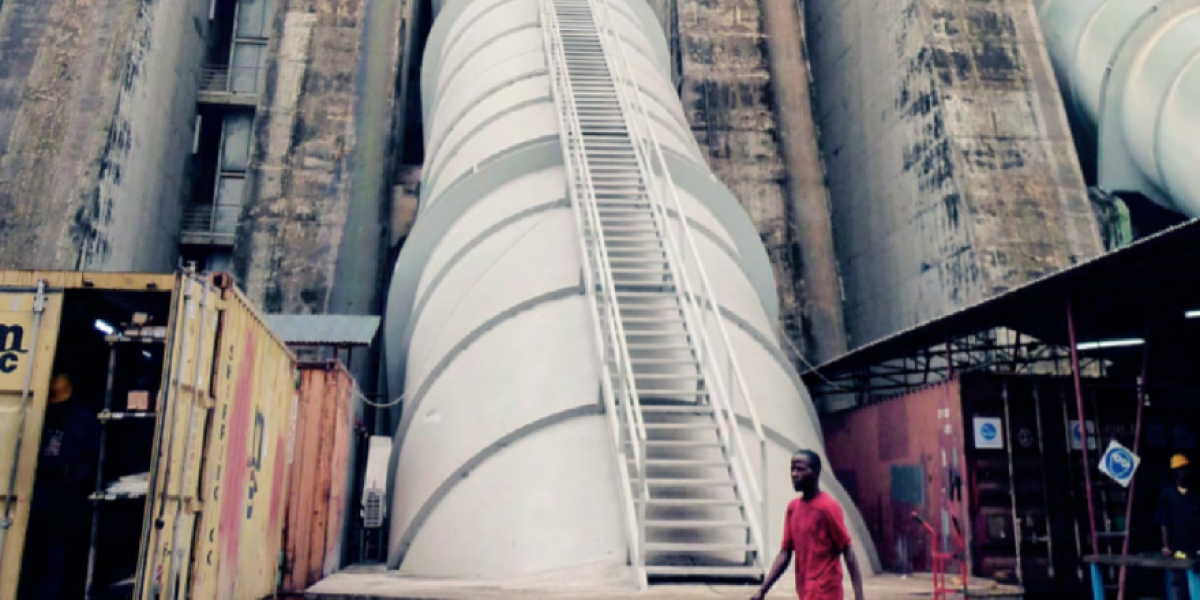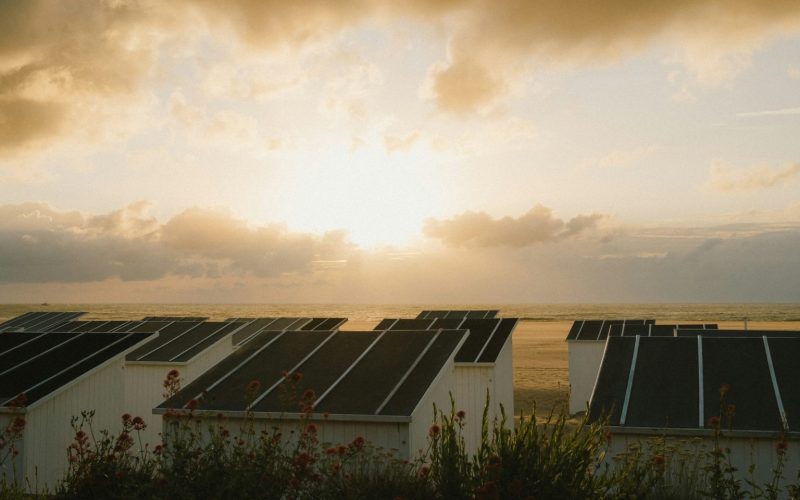New large-scale hydro projects raise questions both about whether the full potential of the diversity of energy choices has been explored and about the sheer scale of these initiatives in ensuring effective generation, transmission and distribution of electricity. This prompts countries and regional organisations to evaluate the composition of their energy infrastructure, considering the availability of renewable energy sources (RES) and the need to balance those energy choices with scalable power projects.
It also presents an opportunity to balance national interests with regional integration. Analyses of national energy projects often do not consider the potential for inter-regional cooperation, which goes beyond the construction of infrastructure to a focus on power pooling. This paper explores the multiple hurdles faced by the DRC over the past decade in the development of its energy sector, and the challenges hindering enhanced energy cooperation between the DRC and regional stakeholders. It concludes that a growing interest in regional power pooling has created an opportunity for increased energy access and enhanced cooperation. Such cooperation will require not only an increase in the power supply derived from RES, but also a careful alignment of national perspectives with regional prospects.
While the majority of studies about hydropower in the DRC tend to focus on the benefits and pitfalls of hydro projects, few consider the economic and socio-environmental benefits of the exploitation of other RES. This paper draws attention to important developments, such as the conclusion of an energy deal between the DRC and South Africa and the development of a new energy and electricity legislative framework to liberalise the energy sector and increase the share of RES in the DRC’s energy mix. Exploring the diversity of RES and their potential to enhance efficient and equitable energy access represents a key step towards sustainable development in the DRC.








